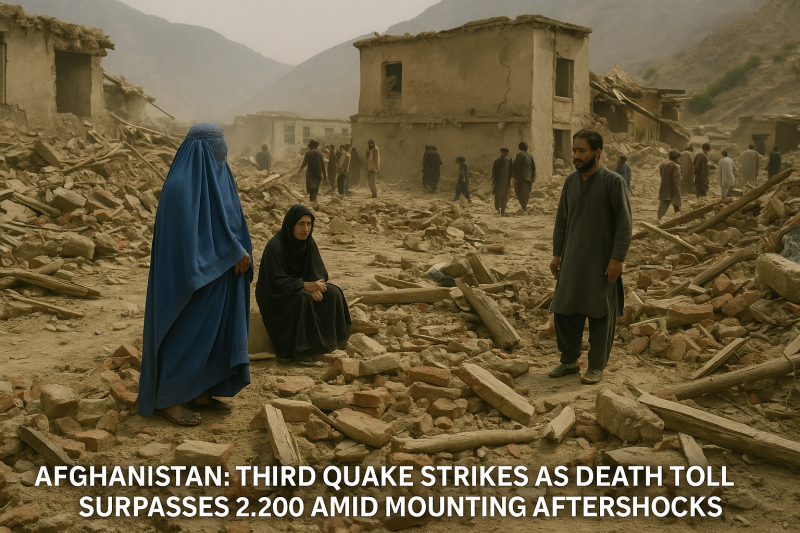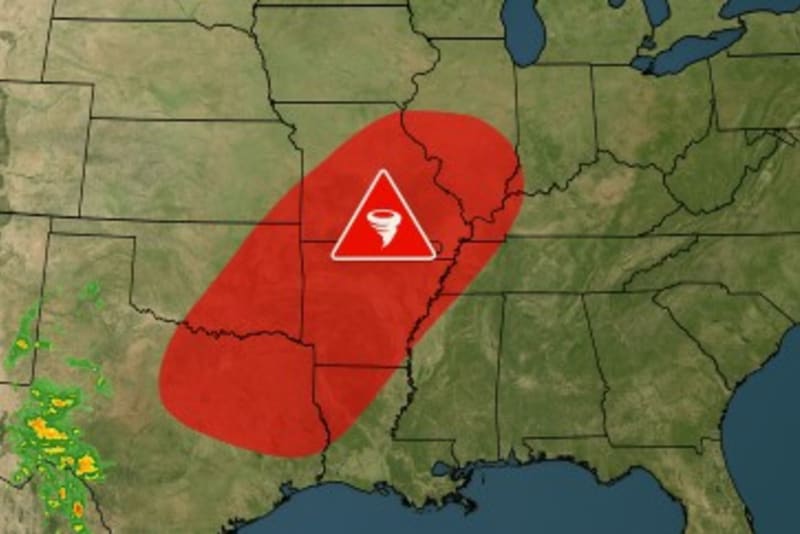Third Quake Devastates Afghanistan as Death Toll Exceeds 2,200
Kunar Province, Afghanistan — September 5, 2025.
Eastern Afghanistan was struck by a third powerful earthquake—this time measuring 6.2 in magnitude—sending fresh tremors through an already ravaged region and raising the confirmed death toll beyond 2,200.
Context and Background
The new quake follows two earlier shocks, including a 6.0-magnitude quake on August 31 and a strong aftershock of 5.6 on September 4, that collectively leveled homes across Kunar, Nangarhar, Laghman, Nuristan, and Panjshir provinces. The cumulative impact of repeated seismic activity has pushed relief efforts to the brink.The GuardianReutersThe WeekWikipedia+1
Direct Quotations
“This was the third major quake in less than a week… it’s unimaginable terror.” – A villager in Kunar, describing the latest tremorThe Guardian
“Rescue operations remain stalled by landslides and remote access, while humanitarian aid is critically low.” – UN official monitoring the responseReuters+1
Balanced Reporting
Officials confirm over 2,200 deaths and more than 4,000 injuries, with thousands displaced as homes and infrastructure collapse across Kunar Province. Up to 8,000 homes have fallen, and nearly all buildings in the epicentral region suffered severe damage or total destruction.WikipediaReuters+1The Guardian
Yet, on the ground, the figure may yet rise. Rescue teams are blocked by rough terrain, blocked roads, and relentless aftershocks, threatening to stall efforts to reach trapped survivors.Reuters+1The Guardian
Humanitarian agencies warn of an impending health crisis. The World Health Organization is appealing for an additional $4 million to keep vital services running. However, only a fraction of necessary funds have been pledged, with many donors reluctant due to political constraints and fractured infrastructure.ReutersAP News
Conclusion and Next Steps
This third quake intensifies an already dire humanitarian emergency. As aftershocks persist, communities remain vulnerable and relief operations stretched thin. An urgent call now goes out to the international community: increased financial support, logistical coordination, and ground access are essential to saving lives and stabilizing the region ahead of impending winter.








Comments
No comments yet. Be the first to comment!